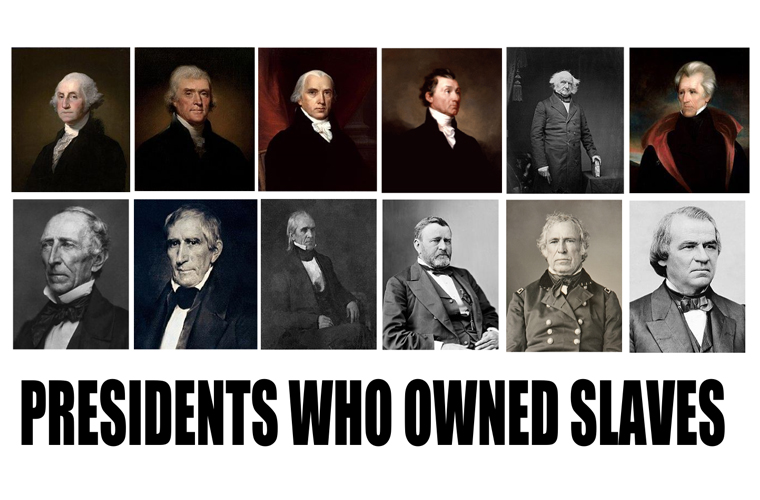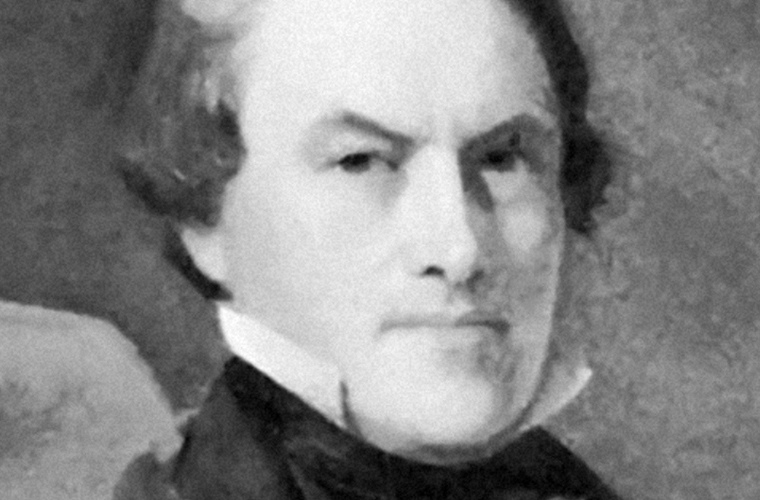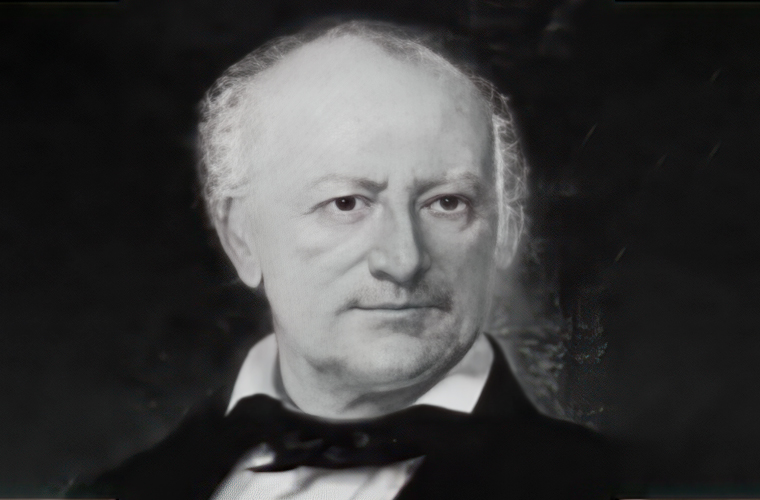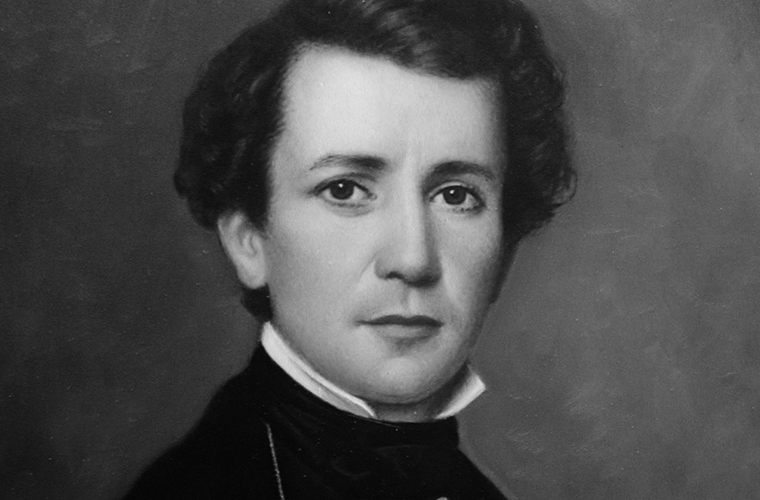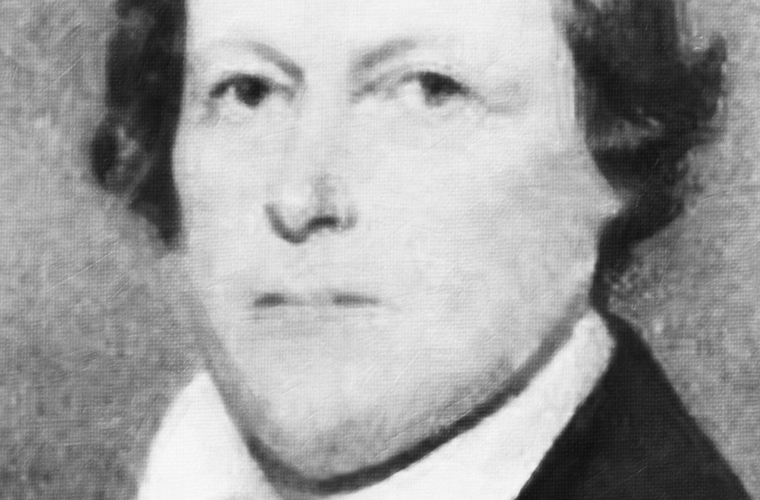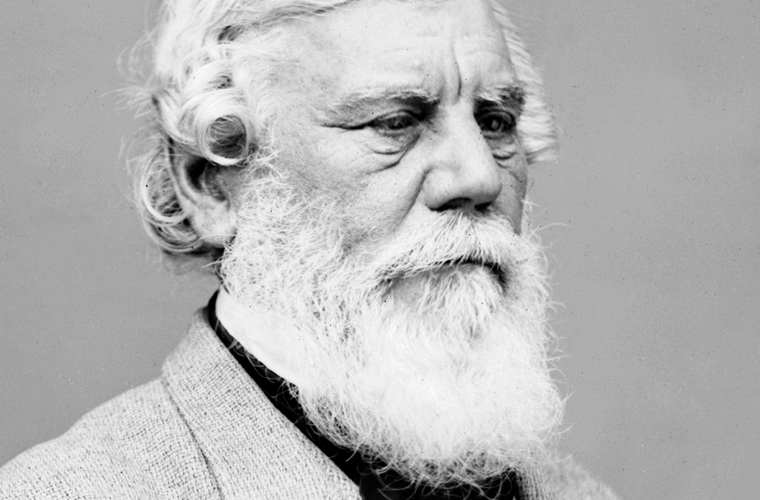During the period of slavery in the United States, which lasted from the early colonial period to the Civil War, many Americans owned enslaved people. Slave ownership was concentrated in the southern states, where large plantations producing crops such as cotton, tobacco, and rice relied heavily on the labor of enslaved people. However, slave ownership was not limited to the South, and enslaved people were owned by individuals and institutions across the country.
Some of the most prominent slave owners in American history include:
- George Washington – the first President of the United States and a Virginia planter who owned hundreds of enslaved people.
- Thomas Jefferson – the third President of the United States and author of the Declaration of Independence, who also owned hundreds of enslaved people at his Virginia plantation.
- James Madison – the fourth President of the United States and another Virginia planter who owned enslaved people.
- Andrew Jackson – the seventh President of the United States and a Tennessee planter who owned over 150 enslaved people.
- John C. Calhoun – a South Carolina politician and leading defender of slavery who owned over 100 enslaved people.
- Robert E. Lee – a Confederate general and Virginia planter who inherited enslaved people from his wife’s family.
- William Henry Harrison – the ninth President of the United States and a Virginia planter who owned enslaved people.
- Ulysses S. Grant – the 18th President of the United States and Union general during the Civil War, who owned one enslaved person before freeing him.
These individuals were just a few of the many Americans who owned enslaved people during the period of slavery in the United States. It’s important to note that not all slave owners were wealthy or famous, and many ordinary Americans owned one or a few enslaved people. Enslaved people were treated as property and denied basic human rights, and their labor was essential to the development of the American economy and the accumulation of wealth by individuals and institutions.

